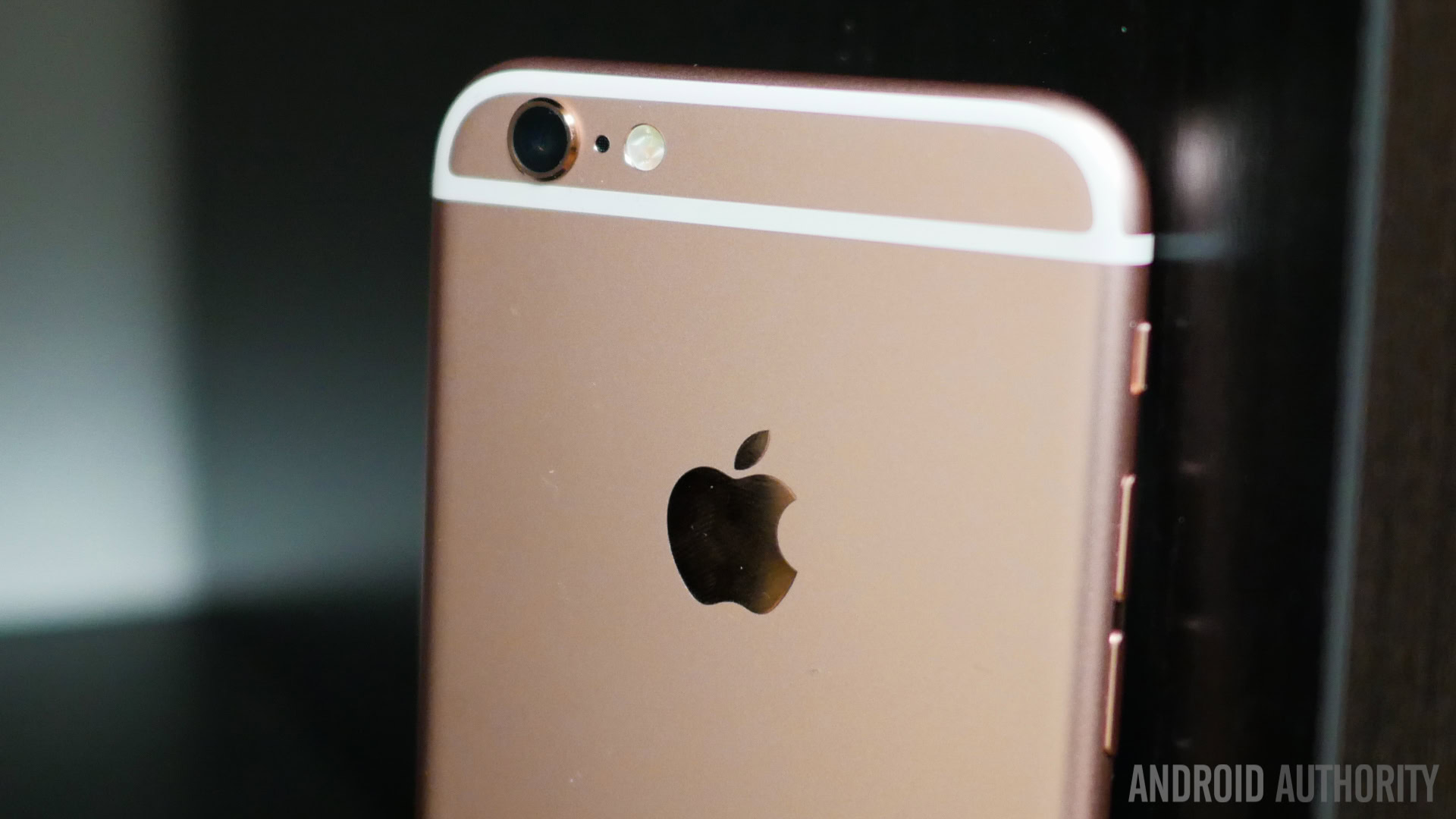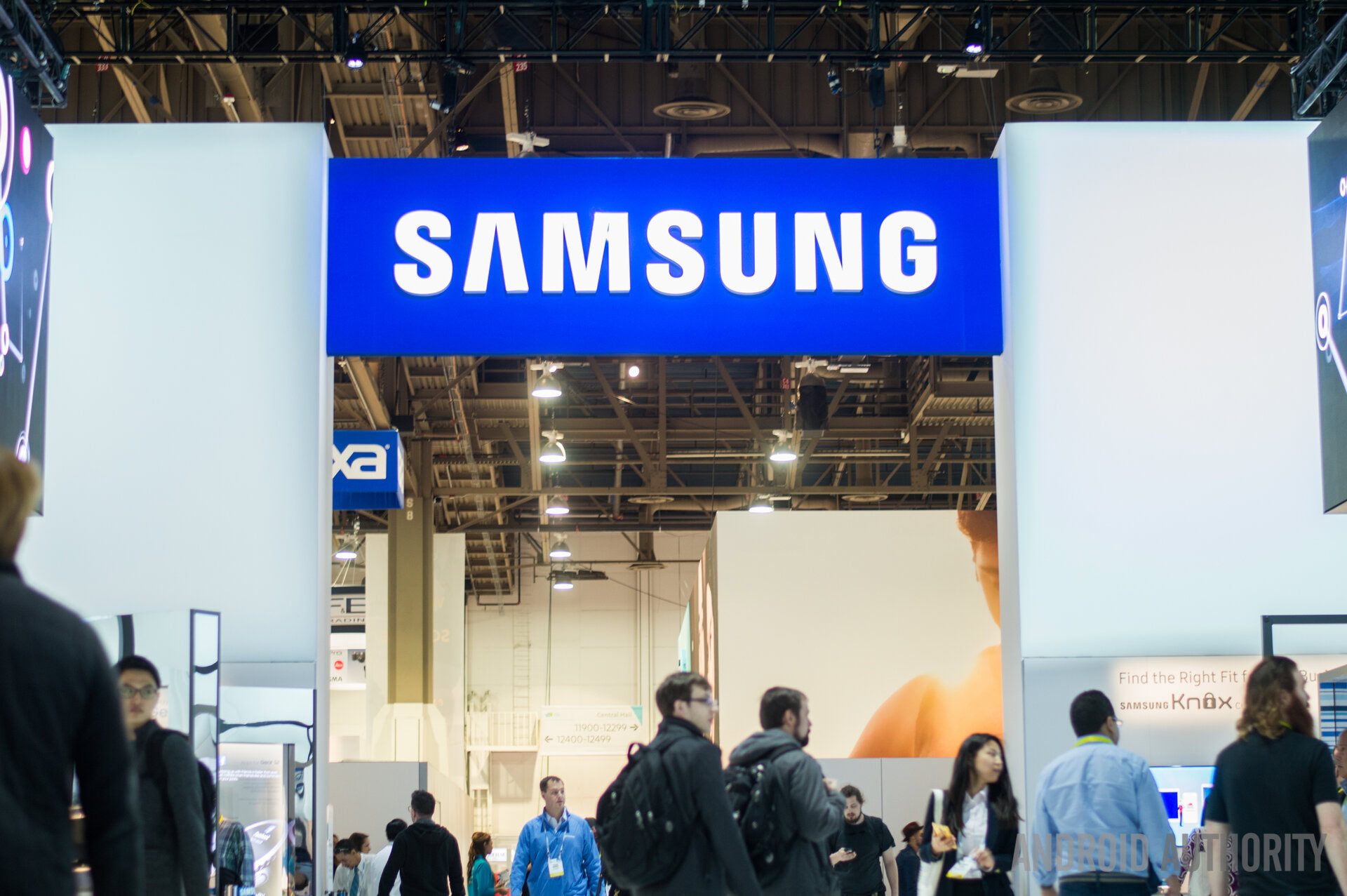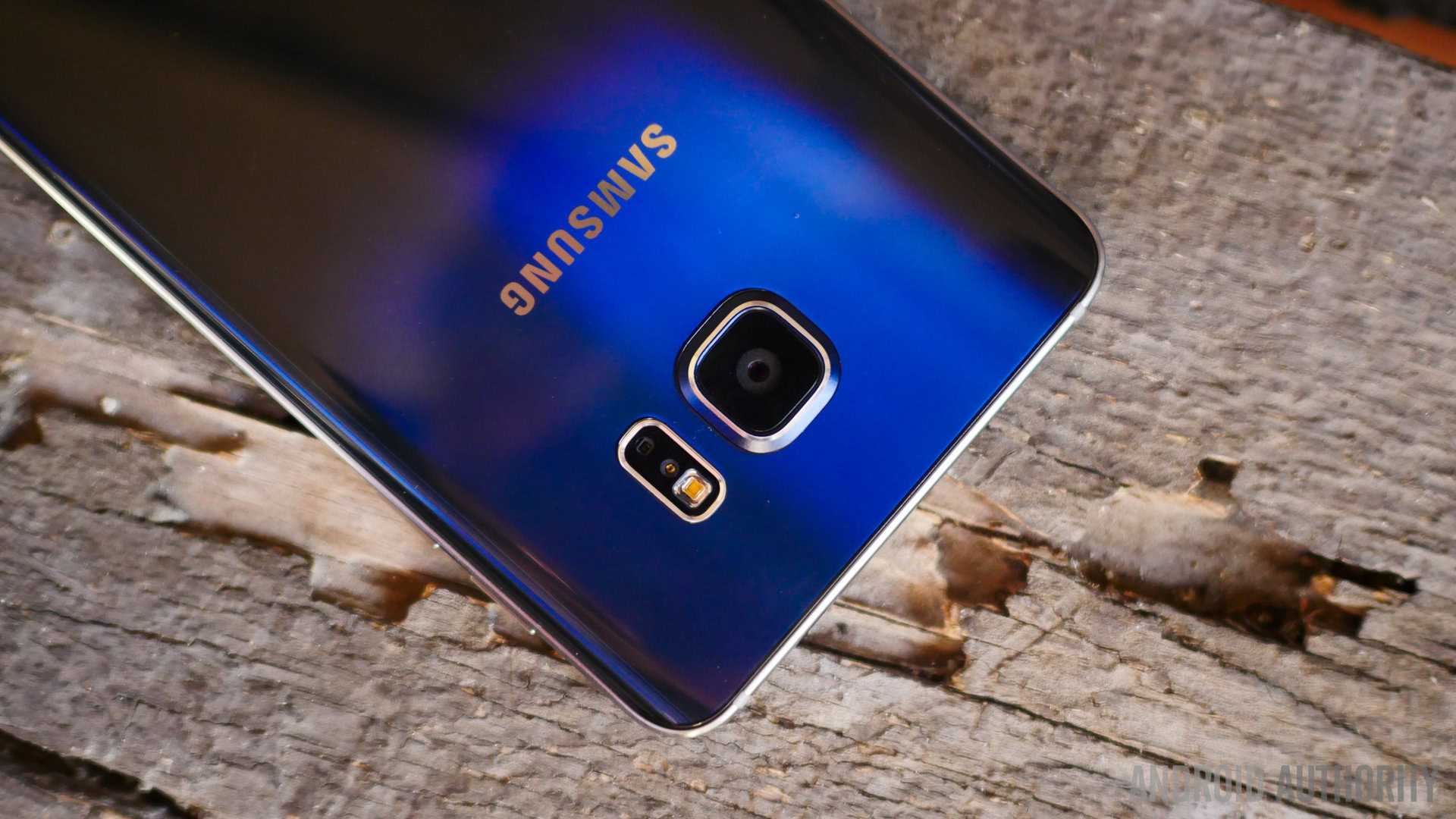Affiliate links on Android Authority may earn us a commission. Learn more.
iPhone 7 A10 chip to be made exclusively by TSMC, Samsung semiconductor in trouble
February 11, 2016

Samsung semiconductor just can’t catch a break right now. With global semiconductor sales peaking in 2015 and a weak forecast for 2016, the holy grail of chip contracts in 2016 was always going to be the A10 for the iPhone 7. Samsung was, understandably, going after it in earnest, but a new report out of South Korea claims Samsung rival TSMC has been awarded the exclusive rights to produce the A10 for the iPhone 7, sending Samsung into a “state of emergency”.

While Samsung and TSMC have previously shared the load of chip production for the iPhone, TSMC reportedly won the exclusive contract due to its more advanced 10 nm process compared to Samsung’s 14 nm process. Full-scale production is scheduled to begin in June. Samsung was left reeling back in 2014 when TSMC got the exclusive rights to the A8 chip-production for the iPhone 6, but successfully managed to split the chip supply contract with TSMC for the 6s and 6s Plus.

Losing half of the contract to TSMC is going to mean very bad things for Samsung’s System LSI division. While this news is only being reported in South Korea today, Samsung’s semiconductor division apparently knew about the contract being awarded solely to TSMC back in the latter half of last year and is perhaps why Samsung was forecasting a tough year ahead for semiconductor sales. This is perhaps also why Samsung has been aggressively courting Qualcomm over the contract to produce the Snapdragon 820.
[related_videos title=”SAMSUNG VS IPHONE IN 2015:” align=”center” type=”custom” videos=”657282,647458,634297,597284″]
Samsung’s 14 nm process might be enough to win additional business producing the latest Qualcomm chip, but the company already has a plan to get back on top in 2017. Samsung is reportedly working on a new 7 nm process to win the contract back from TSMC for the iPhone 7s and 7s Plus. But this year doesn’t look good, with officials claiming it will be difficult for Samsung’s System LSI to be profitable in 2016.

Considering the performance differences uncovered between the different iPhone 6s models last year, Apple’s choice seems a wise one for the iPhone 7. Not only is the TSMC process more advanced, iPhone 6s models that used the TSMC A9 were found to run cooler and offer better battery savings – however marginal – than their Samsung twins. It may have been the first time iPhone users actually cared about the specs of the latest iPhone.
Do you think Samsung will get the A11 contract next year? What do you think this means for Samsung’s overall profitability?
Thank you for being part of our community. Read our Comment Policy before posting.